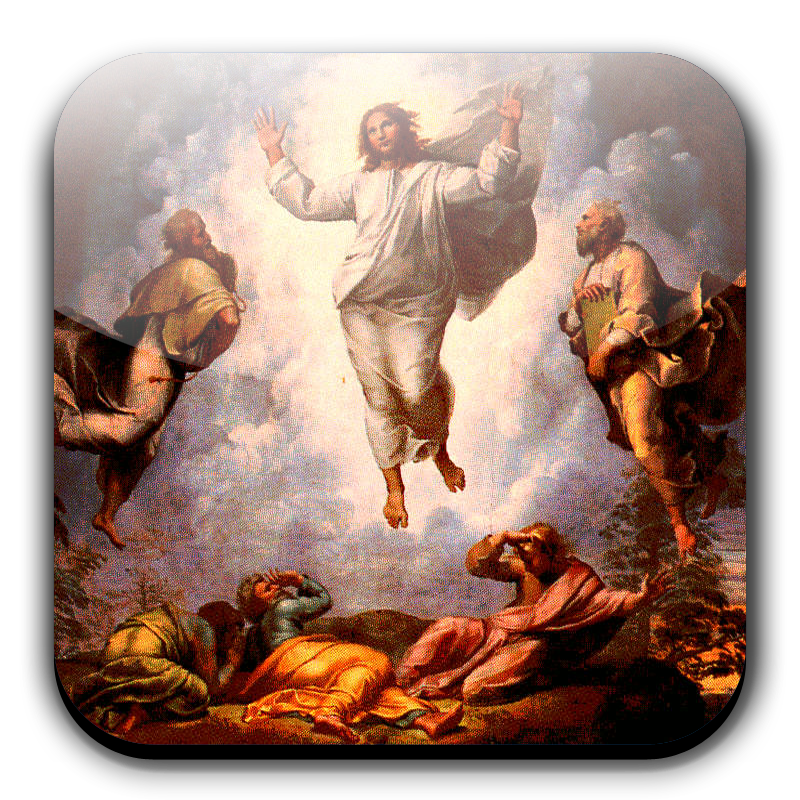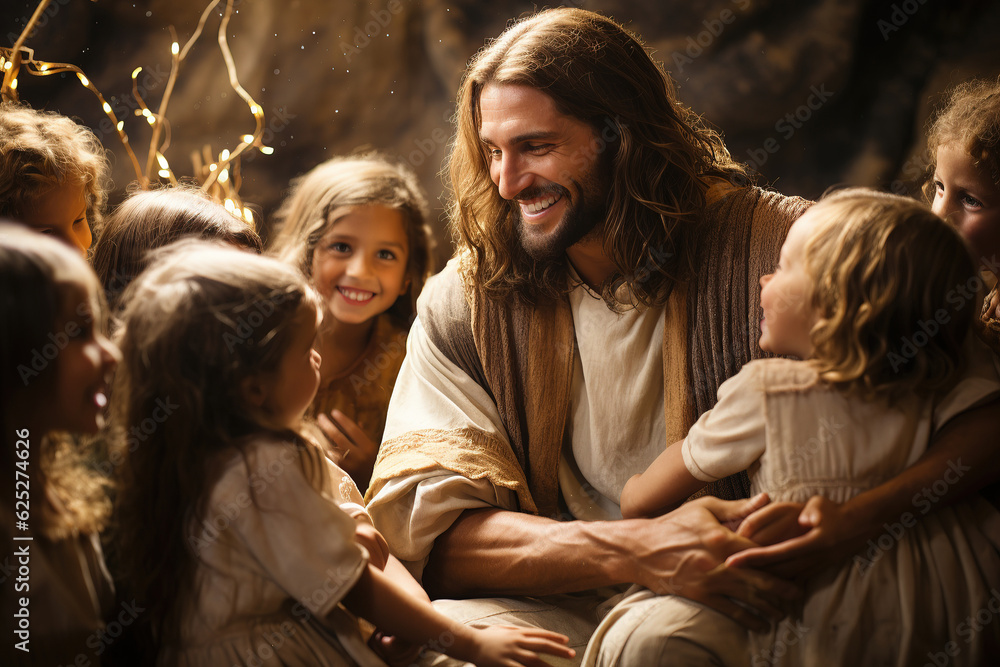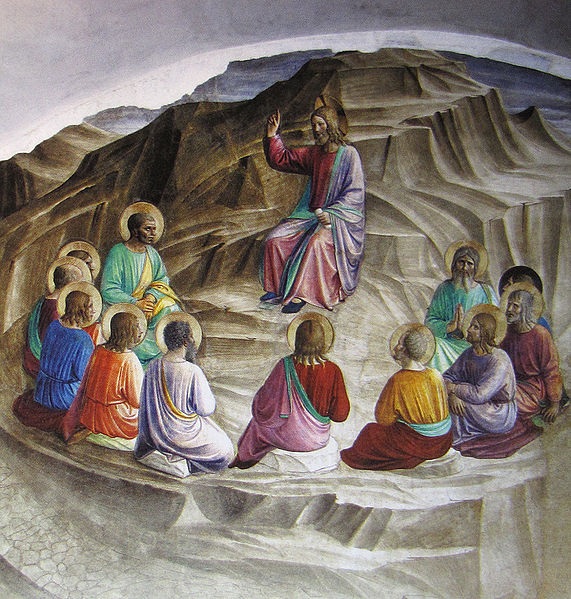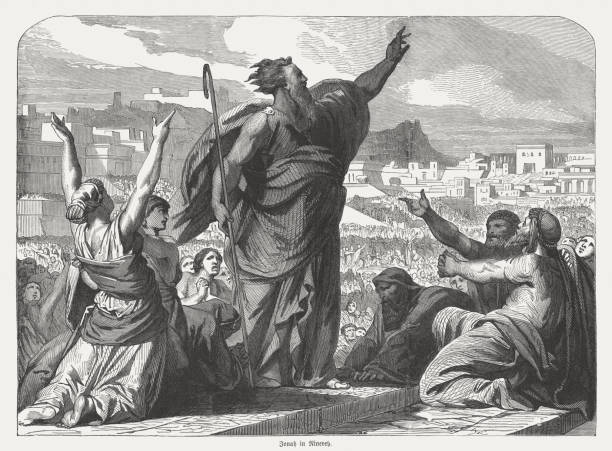Second Sunday of Lent, 2024
Sermon Theme: Perhaps more than we grasp, “Christ died for the ungodly” is a profound reality.
Text: Romans 5:1–11
Other Lessons: Genesis 17:1–7, 15–16; Psalm 22:23–31; Mark 8:27–38
Goal: That you are moved to a deeper appreciation of Christ’s reconciling death and therefore to a richer sense of peace and hope, even in the face of suffering. Rev. David L. Adler, Pastor Emeritus, Elkhart, Texas
AT THE RIGHT TIME CHRIST DIED FOR “THE UNGODLY”
That’s a magnificent statement, isn’t it? The devil, the world, and our sinful nature are all behind the sin of indifference toward Christ’s Passion, suffering, dying, and rising. But God’s Word is more powerful than those enemies, and in his Word today, God through Paul rouses us with a most rousing declaration of what that familiar yet magnificent truth means for us. Paul shows us that Perhaps More than We Grasp, “Christ Died for the Ungodly” Is a Profound Reality. That’s true, first of all, because we probably forget how much we needed Jesus to do this. “Christ died for the ungodly” is profound, first, because we don’t even want to understand how ungodly we were. In today’s Gospel, Jesus clearly taught his disciples that he must suffer, be rejected by the Jewish leaders, be killed, and after three days rise again. Peter’s response? He wanted nothing to do with such a mission and took Jesus aside to rebuke him. The very idea! Why would this be necessary? Indeed, there’s a wholesale dismissing of sin in our culture. Already in the late 1970s, famed American psychiatrist Karl Menninger wrote a book called Whatever Became of Sin? Good question. Maybe in the contemporary mind school shootings still make the list, but abortion, homosexuality, divorce, sex change—certainly not. Yet the divinely-inspired apostle Paul writes in our text, “While we were still weak, at the right time Christ died for the ungodly.” Ungodly! Without God! Paul even says in verse 10, “enemies” of God! Opposed to God! Would kill God, wipe him off our slate, if we could. And don’t overlook the word “we.” We were still weak, ungodly, sinners, enemies. Maybe we’re right on all those major social issues—abortion, homosexuality, transgenderism. Still, surely more than we want to grasp, sin lurks in each of our hearts. We were conceived ungodly, and that wickedness continues in our sinful nature. God does know all of it. By nature, that was you. And you have to face it, because the sinful nature lingers still. Yet Christ died for you, Ungodly. Second, “Christ died for the ungodly” is profound because the death of the Christ for us is far beyond anything we can comprehend. Paul writes, “One will scarcely die for a righteous person—though perhaps for a good person one would dare even to die—but God shows his love for us in that while we were still sinners, Christ died for us” (vv 7–8). All we are able to bring to the table is weakness, ungodliness, and sinfulness. Sin is a horribly messy business, and understanding that is crucial to seeing how profound is God’s dealing with us. And consider this: It was the Christ who died for us, the ungodly. The sinless Son of God. The one who is all-glorious needs nothing from anyone. Didn’t need you! But nevertheless made us—perfect—because he wanted to be with us and us with him. Who loved us from eternity. And then he’s the one we ignore, insult, try to hide from. What kind of reaction does that get from your boss, your friends, even from those people who love you? This expresses Christ’s substitutionary death for sinners. He carried all of your sin and the sin of all humankind in his body at the cross. He is your substitute—the innocent for the guilty. There he suffered in anguish and died in your place to satisfy God’s wrath for your sins. And that, together with his resurrection from the dead, not only insures victory over sin, Satan, and death, but forgiveness, life, and salvation also are now available through faith in him. Ponder that! Third, “Christ died for the ungodly” is profound because it creates a new relationship that we don’t fully appreciate. Christ’s dying was all to reestablish that broken relationship. Because God does not want to condemn us, he calls and enables us to repent. The Holy Spirit leads us to have sorrow for our rebellion against the Lord of heaven and earth and to believe “that sin has been forgiven and grace has been obtained through Christ” (AC XII 3–6, Tappert, German). Justification and reconciliation are the means by which God brings us into fellowship with himself, with Jesus, and with the Spirit. Christ is present in our lives by his Word and Sacrament. He is present in his Word in all its forms. He is present in his Word in the Holy Scriptures—read, spoken, and expounded, here among us. He is present in his Word connected to the water of Holy Baptism, which brings us into the kingdom of God, creates faith, and, as for Abraham and Sarah in the Old Testament Reading, gives us a divine calling. He is present in his Word of Holy Absolution, which comforts us and releases us from despair. He is present in his Word, which make the elements of bread and wine the Sacrament of the Holy Supper, which nourishes us with his true body and his true blood given and shed for us. The crucified and risen Jesus is with us in every joy and sorrow, every gain and loss, every healing and illness, every triumph and temptation! Do we always fully appreciate this new relationship established when Christ died for the ungodly?
Finally, “Christ died for the ungodly” is profound because it enables us to rejoice in something we do understand all too well: sufferings. “Hope” is the key word. “We rejoice in our sufferings, knowing that suffering produces endurance, and endurance produces character, and character produces hope, and hope does not put us to shame, because God’s love has been poured into our hearts through the Holy Spirit who has been given to us” (vv 3–5). Hope flows out of our dependence on God’s grace. And this hope sustains us in difficult times because its object is the glory of God, regardless of our circumstances. And it is real hope, not hype. It is certain because Christ died for the ungodly. He loves us that much. And since his death has reconciled us to God, reestablished that relationship of peace with God, it is certain that he will be with us even in these most difficult circumstances. This, then, is how and why we can rejoice in our sufferings!
Paul powerfully and perfectly exclaims: “I consider that the sufferings of this present time are not worth comparing with the glory that is to be revealed to us” (Rom 8:18). To be ours for eternity because Christ died for you, for me, the ungodly.
Amen.






